Is there a link between nutrition and cancer? To the extent that mainstream medicine believes the answer is, at least in some cases, a tenuous yes, we’ve made some progress. But what paltry progress that is. As you’ll see in Book Three of the Foundations of Trophotherapy series from Selene River Press, the link between cancer and nutrition has been a subject of intense research since before the mid-twentieth century.
Unfortunately, at the very time Americans were turning to processed foods in droves, physicians were forming increasingly strong alliances with pharmaceuticals, and mainstream medical societies were pushing nutrition-minded doctors out to the fringe. Cancer rates were going up, but to utter cancer in the same breath with diet was considered a deviation of medical orthodoxy grave enough to endanger your career.
So let us thank all the brave voices gathered in the Foundations of Trophotherapy series. Here’s a sampling of what you’ll find in Book Three:
- The War Between Health Foods and Death Foods – Writing in 1956, Dr. Royal Lee looks back from that point and describes the early skirmishes in a new kind of war—not between nations, but between food that helps you live and food that helps you die. On the one side, we have people like Harvey W. Wiley, D.T. Quigley, Benjamin Sandler, and other nutrition-minded individuals. Aligned against them are the combined forces of the Federal Drug Administration, the American Medical Association, the American Dental Association, and, of course, the producers of counterfeit foods. No one recites this tale better and with more provable facts than Royal Lee—he was there.
- Cancer: A Nutritional Deficiency – In this extraordinary report written by J.R. Davidson, MD, in 1943, the famed Canadian physician lays out a theory that was considered, in his own words, “too simple to be believed, too good to be true.” His theory, backed by extensive case studies, is that cancer development and nutritional deficiency are opposite sides of the same coin. As Davidson makes clear, cancer itself is a deficiency disease, one that can be prevented and controlled at least in part by a balanced diet high in vitamins. This chapter includes a not-to-be missed supplementary article by Davidson that lays out even more extensive research, plus insightful commentary collected by Dr. Lee.
- Cancer: Its Cause, Its Prevention, Its Cure – Dr. Lee ends this article, written circa 1949, with a chilling question we should still be asking ourselves today: “Can it be possible that the cancer patient is worth more to the medical monopoly if he cannot find a cure than if he did?” The answer is perhaps even more starkly clear in modern times than when Dr. Lee first posed it. A year of cancer therapy today can cost upwards of $100,000 per patient. But eliminating sugar from your diet? That doesn’t cost a thing.
- Anti-Malignancy Factors Apparently Present in Organically Grown Foods – Donald C. Collins, MD, wrote this brief but courageous article in 1961, a time when it was dangerously unorthodox for a medical doctor to dare suggest food can have a powerful effect on your health, even if the evidence proved it so. Collins does provide evidence, offering his professional medical account of five separate cases in which his patients recovered from various forms of cancer after adopting a diet of organically grown foods.
Foundations of Trophotherapy III offers all of the above, plus five more remarkably farsighted articles that explore the different intersections between diet and cancer.
If you’re new to the Foundations series, don’t forget the first two volumes. Book One untangles the mass of misinformation and plain old confusion about nutrition that keeps so many of us jumping from one dangerous health trend to another. Book Two features groundbreaking research from Dr. Royal Lee and his contemporaries on the art and science of applied nutrition—otherwise known as trophology, the very concept that lends this series its name. Taken together, these three volumes represent important insights that mainstream medicine has pushed to the sidelines for far too long. Isn’t it far past time we gave them their due?


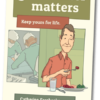

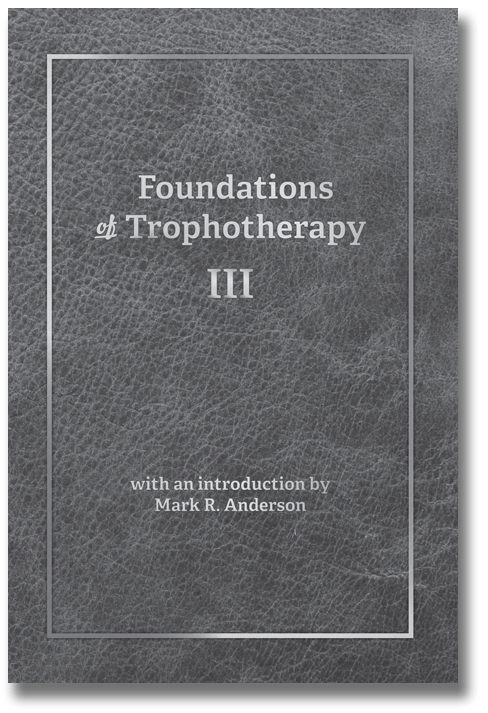



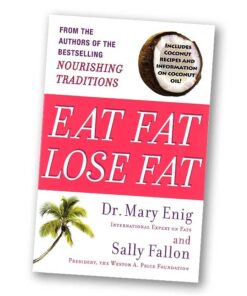
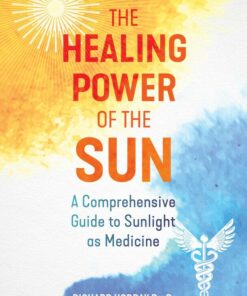
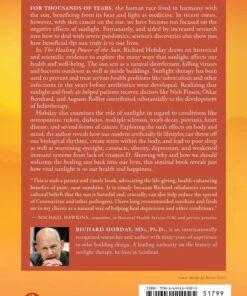
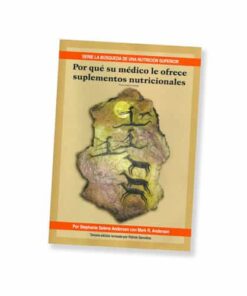
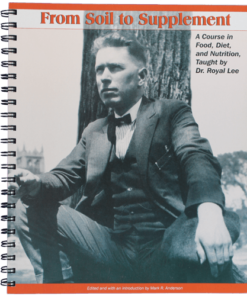
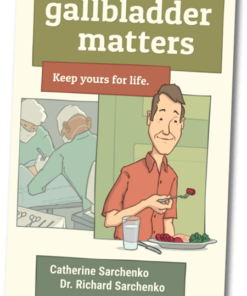
Reviews
There are no reviews yet.